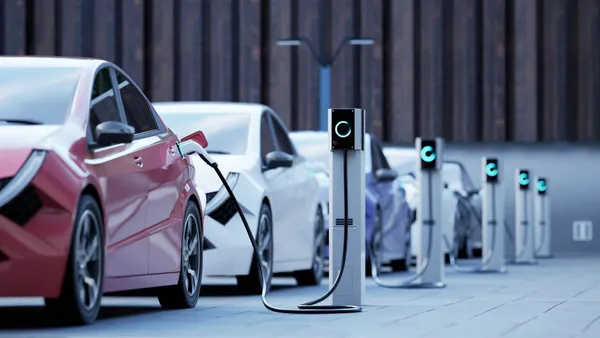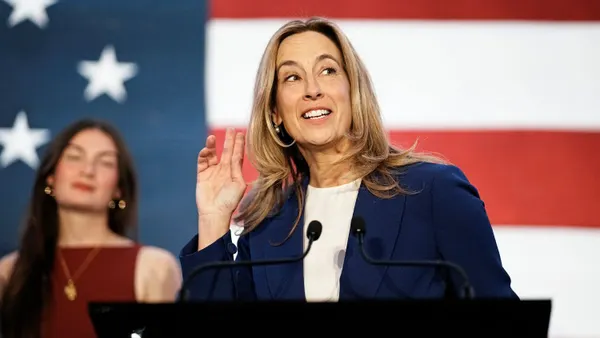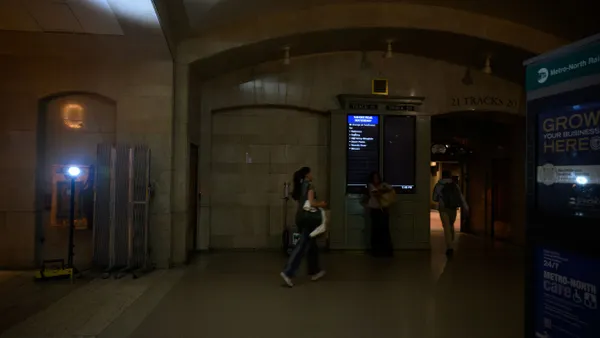Dive Brief:
- The New York Public Service Commission last week approved the state's first consumer protection standards for the growing Distributed Energy Resources (DER) market, similar to steps it took to reign in energy service companies (ESCOs) marketing electricity and gas products.
- Regulators approved a long list of protections, including requiring DER providers to register with the state and provide sample contracts and bills for their products or services.
- The new rules impact companies providing residential rooftop solar systems, on-site generating systems for small business, large community-solar projects or other resources. The rules include a standard disclosure statement, detailed marketing requirements, procedures for handling customer complaints, and penalties for violations.
Dive Insight:
About a year and a half ago, New York Gov. Andrew Cuomo (D) initiated new rules for retail energy providers, responding to concerns of rampant overcharging and energy plans that offered no savings. Now, the state is moving to undertake similar protections for customers interested in DERs.
“While DERs are creating a cleaner and more resilient power system here in New York, we must ensure that consumers are protected from fraud and dishonest marketing, protecting consumers as well as the integrity of the budding DER markets," PSC Chairman John Rhodes said in a statement.
The PSC order included a manual of Uniform Business Practices for DER providers, to give guidance on appropriate marketing and contracting practices. The rules, say regulators, will help create a level playing field for DER suppliers and support fair competition.
New rules also require DER providers to register with the state and provide sample contracts and bills for their generally-available products or services. If the provider offers to cut a customer’s energy bills, the company must provide customers with a price forecast using a three-year average of actual, historical utility prices or a similar forecasting model.
Contracts must be written in plain language and in the same language that the provider marketed to the customer. And residential customers will be given the right to cancel the contract within three business days after its receipt without charge or penalty.
The commission said its oversight over and experience with ESCOs made it clear that more regulations were needed.
According to the PSC's statement, the new rules will "prevent false promises, exploitative pricing, and other deceptive or intentionally confusing behavior in marketing to residential customers and small businesses."
In 2016, New York issued new rules covering providers of retail energy services. Some 20% of residential customers get their energy from an independent company, and the state determined some portion of those ESCOs were overcharging. Retail energy companies have since pushed back on some of the rules, leading to a court battle.














